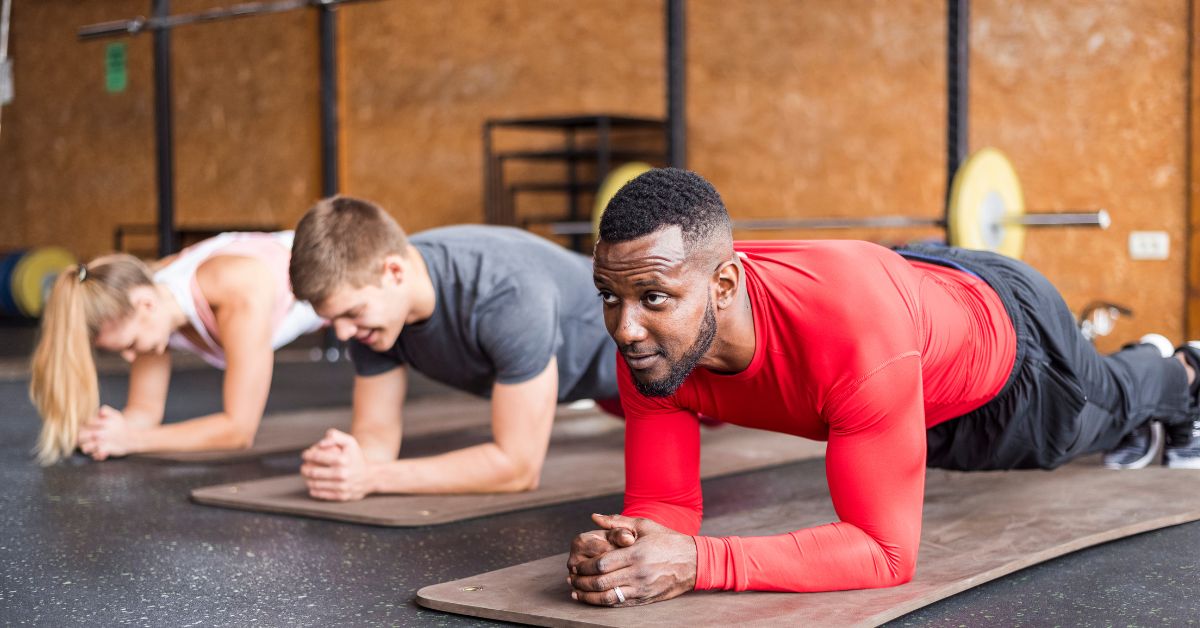When it comes to their ability to achieve peak performance and maintain exceptional health, the question often arises: how do professional athletes stay healthy? The truth is these elite individuals don’t just rely on their natural talent. They also manage their physical activity, rest and recovery to ensure they are always at their best.
Let’s delve into some of their key strategies with Alex Volfson, a physical therapist in our Greenville market. You might even be able to learn from some of these strategies and apply them to your own fitness routine!
First, quality over quantity.
One fundamental principle in the world of professional sports is the focus on quality over quantity. This concept applies not only to training but also to other aspects of their regimen.
For example, when training, athletes prioritize high-intensity workouts that are effective rather than spending excessive hours in the gym. This approach ensures that every minute spent training contributes meaningfully to their performance and overall health.
“A proper training plan is crucial to any athlete because you want to be objective in however you approach whatever sport you’re in,” Alex says.
Next, rest and recovery.
Athletes understand that rest days are as crucial as training days.
Proper rest and recovery allow muscles to repair and strengthen, which helps in preventing injuries and avoiding fatigue. Athletes often incorporate various recovery methods, such as stretching, massage and ice baths, to aid in this process.
“For stretching, you should do your big muscle groups – quads, hamstrings, hip flexors, even through your back, depending on what sport you are getting into,” Alex advises.
They also ensure they get the recommended number of hours of sleep per night – typically between seven and nine hours – to support overall health and peak performance.
Third, staying hydrated.
Staying hydrated is another vital component of an athlete’s regimen. Water is essential for maintaining energy levels, supporting bodily functions and enhancing performance. Dehydration can lead to decreased performance and increased risk of injury, so athletes make it a priority to drink adequate fluids before, during and after physical activity.
“If you are thirsty, you are already dehydrated,” Alex adds.
Fourth, a balanced diet.
A balanced diet is a cornerstone of athletic health. Professional athletes consume a diet rich in nutrients that support their intense physical demands. This includes lean proteins, complex carbohydrates, healthy fats and plenty of fruits and vegetables. Proper nutrition helps to fuel workouts, build muscle and recover faster, ensuring that athletes remain at a high level of performance.
And last, warm-ups and cool-downs.
“Warming up and cooling down is important,” Alex says. “Warm-ups should be a little bit more dynamic, so it shouldn’t be where you are statically stretching. Whatever sport you are doing, let’s say it was running, you should be doing a slower version of that to kind of just get your whole body ramped up for that activity.”
How professional athletes stay healthy is a result of a well-structured approach that prioritizes quality over quantity, balanced nutrition, adequate hydration and effective rest and recovery strategies. By focusing on these elements, athletes not only enhance their performance but also ensure their long-term health and longevity in their respective sports. And you can, too!
Learn about the orthopedics and sports medicine services we provide at Bon Secours.





